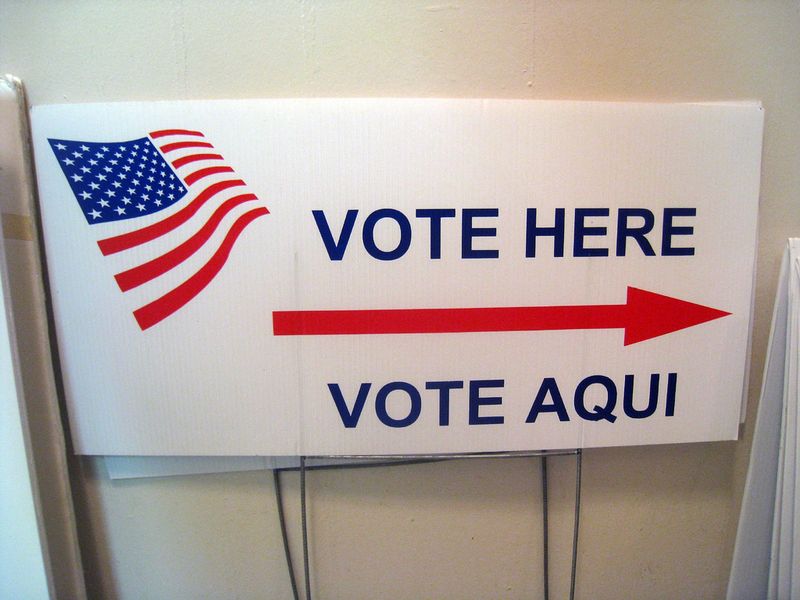TEXAS
 In the wake of a federal appeals court ruling, a federal court approved a deal between civil rights groups and the State of Texas on Wednesday that will allow Texas voters to cast ballots in upcoming elections with a simple declaration instead of having to provide photo identification.
In the wake of a federal appeals court ruling, a federal court approved a deal between civil rights groups and the State of Texas on Wednesday that will allow Texas voters to cast ballots in upcoming elections with a simple declaration instead of having to provide photo identification.
The federal court order follows an outline of an agreement that the Department of Justice reached with civil rights groups and the state of Texas, officials said.
The agreement allows registered voters who have problems in getting identifications to cast a regular ballot after signing a simple declaration and presenting a voter registration certificate, a certified birth certificate, a current utility bill, a bank statement, a government check, a paycheck or any other government document that displays the voter’s name and address, officials said.
The U.S. Court of Appeals for the Fifth Circuit in July ruled against requiring Texas voters to show a photo identification to cast ballots in the upcoming elections. The appeals court affirmed an earlier ruling that the state’s 2011 photo identification law violated the Voting Rights Act, officials said.
“Our democratic process depends on ensuring that eligible citizens can cast their votes without undue discriminatory hurdles,” said Principal Deputy Assistant Attorney General Vanita Gupta, head of the Justice Department’s Civil Rights Division. “The court’s interim remedy order is a very important step toward a process designed to provide that opportunity for hundreds of thousands of eligible Texans.”
The challenged 2011 photo identification law allowed most registered Texas voters to cast a regular ballot at the polls only if they were able to show one of a few limited forms of photo ID, like a state-issued driver’s license or a license to carry a handgun, according to officials.
The law also mandated that registered Texans could only use such ID if it was current or expired no more than 60 days beforehand.
The federal court order now allows registered voters with the requisite ID to vote, even if that ID expired up to four years ago, according to authorities.

